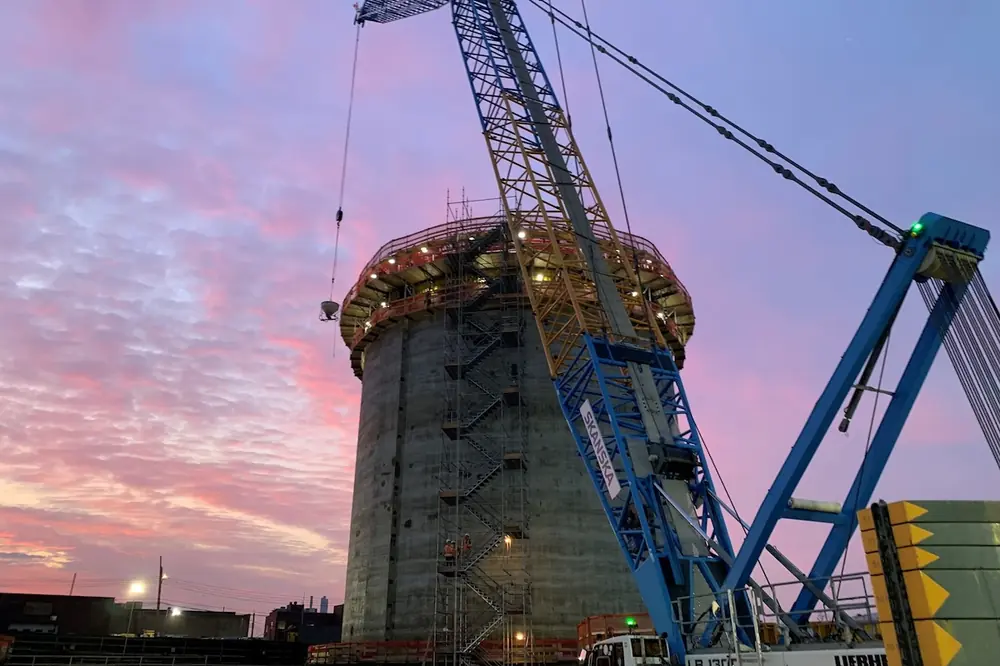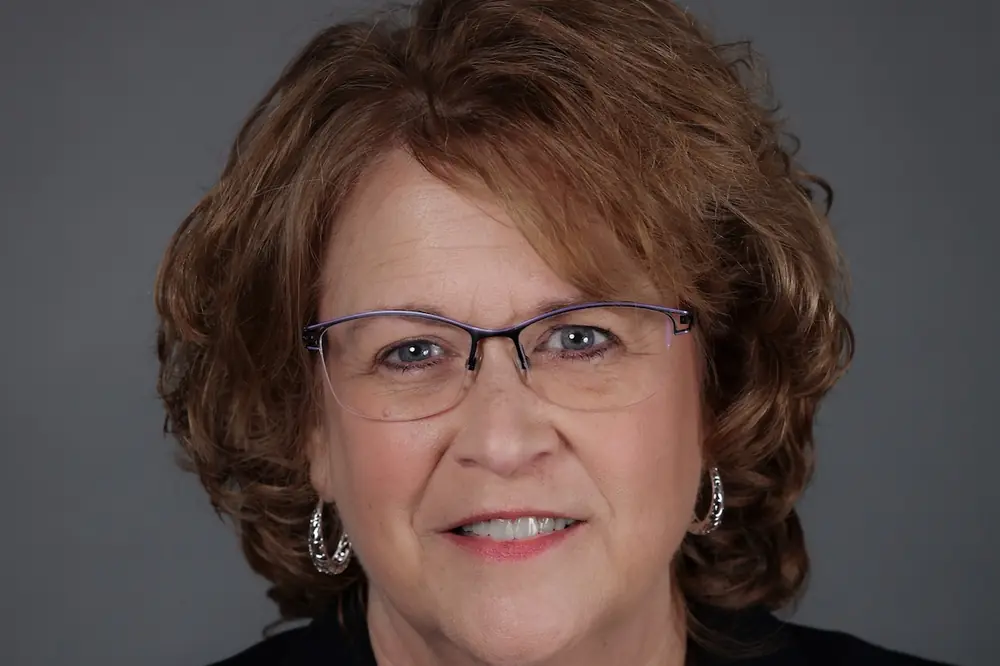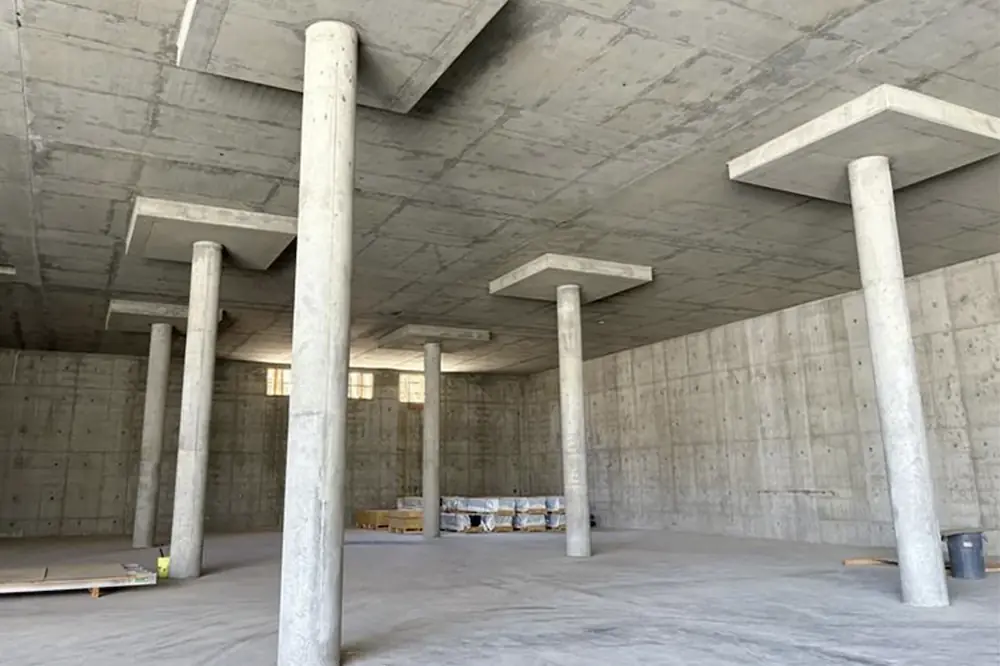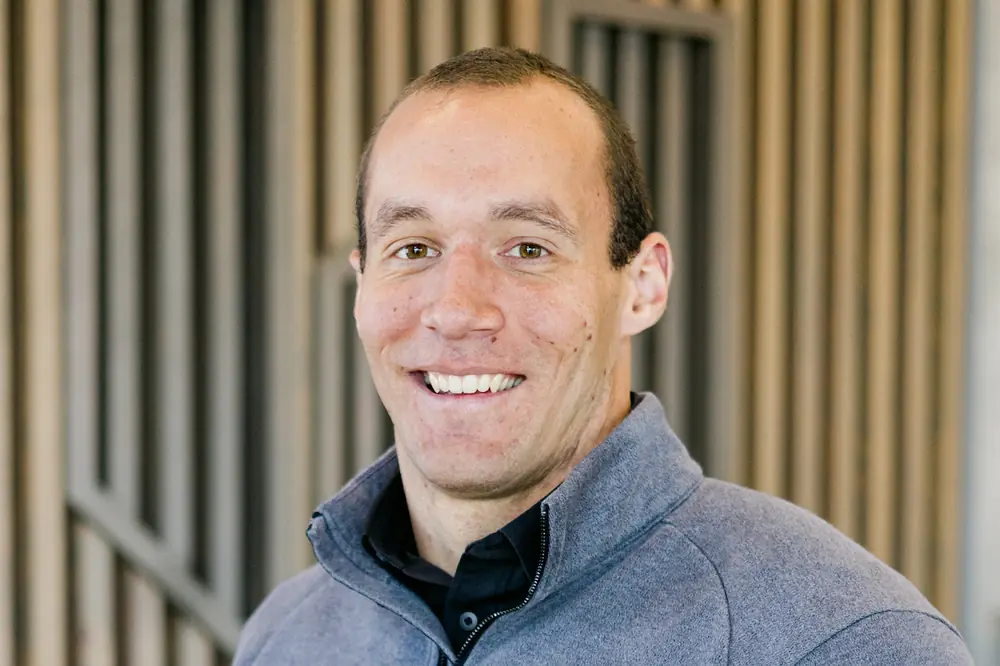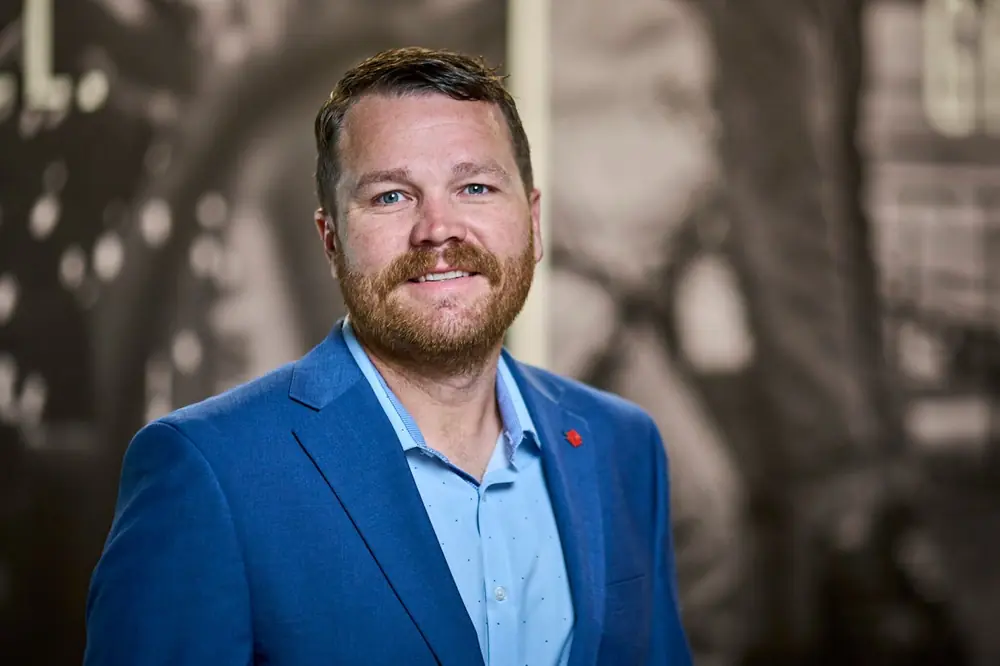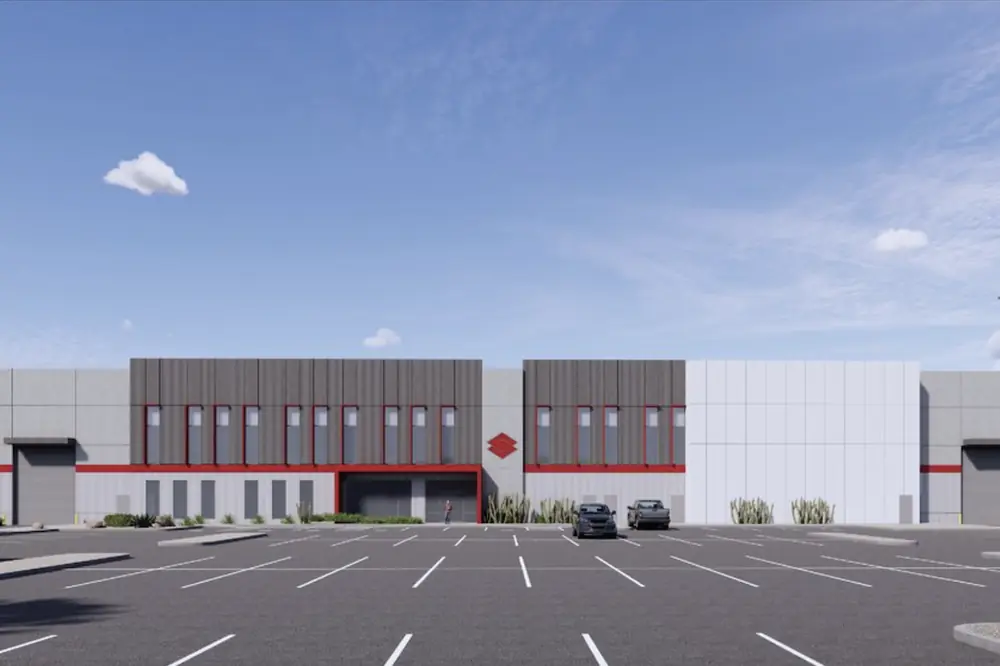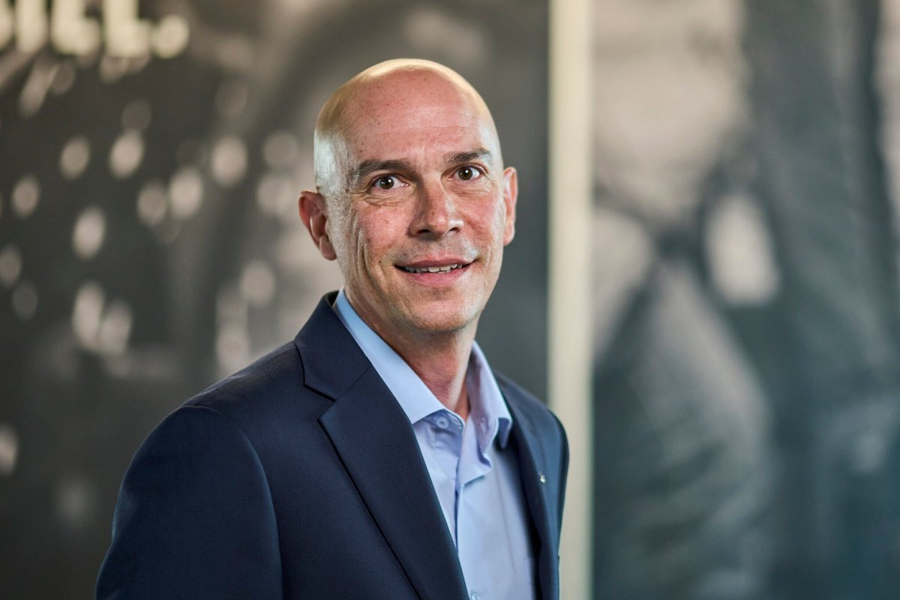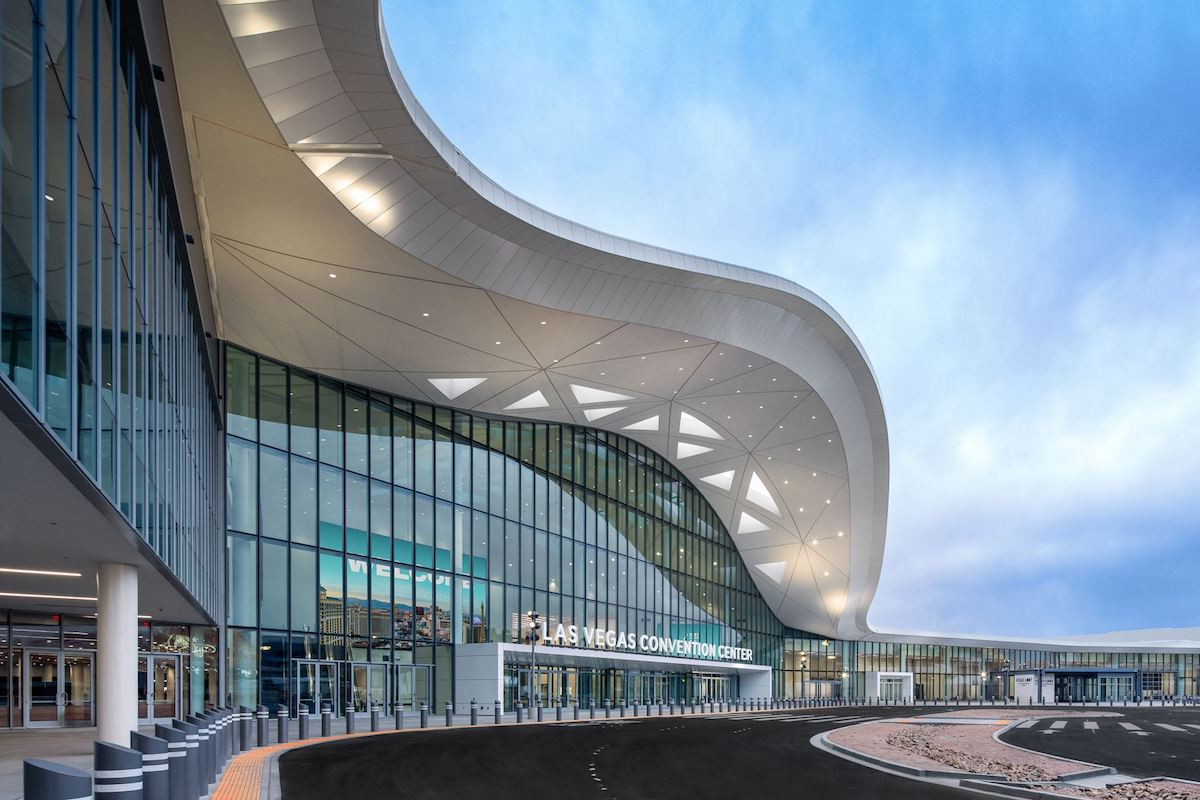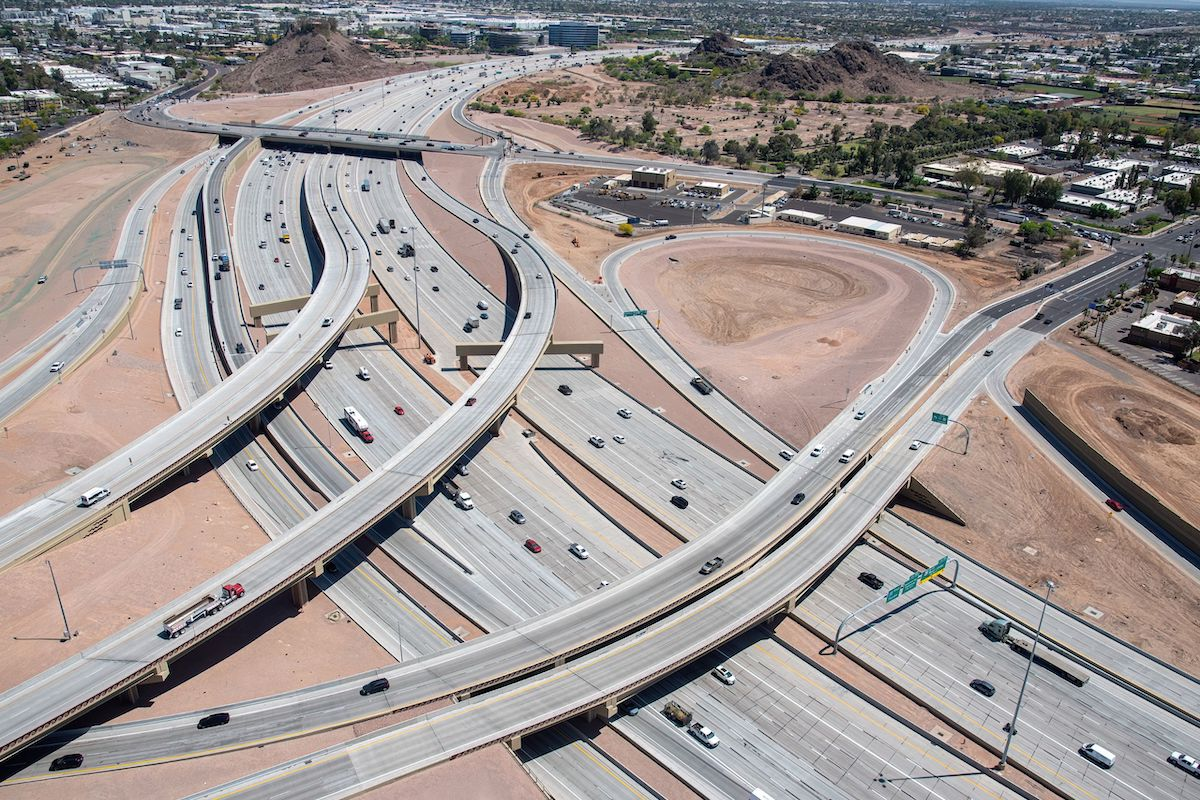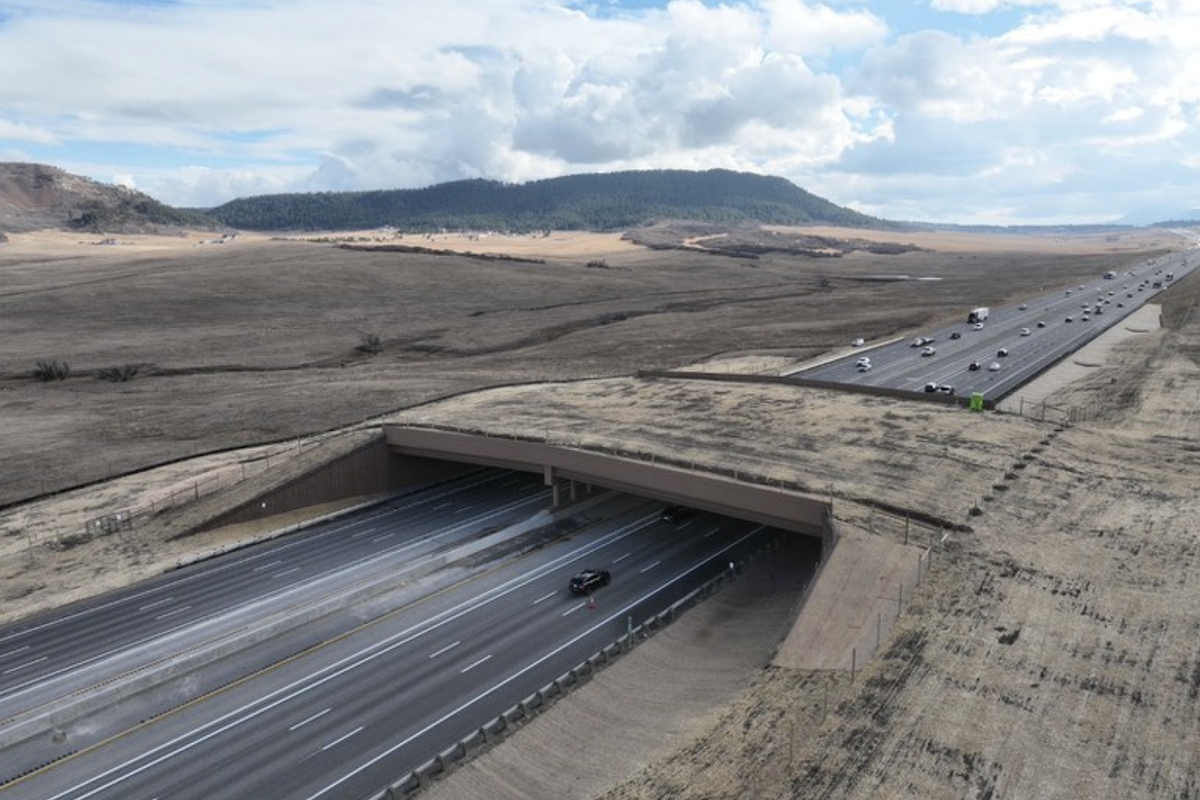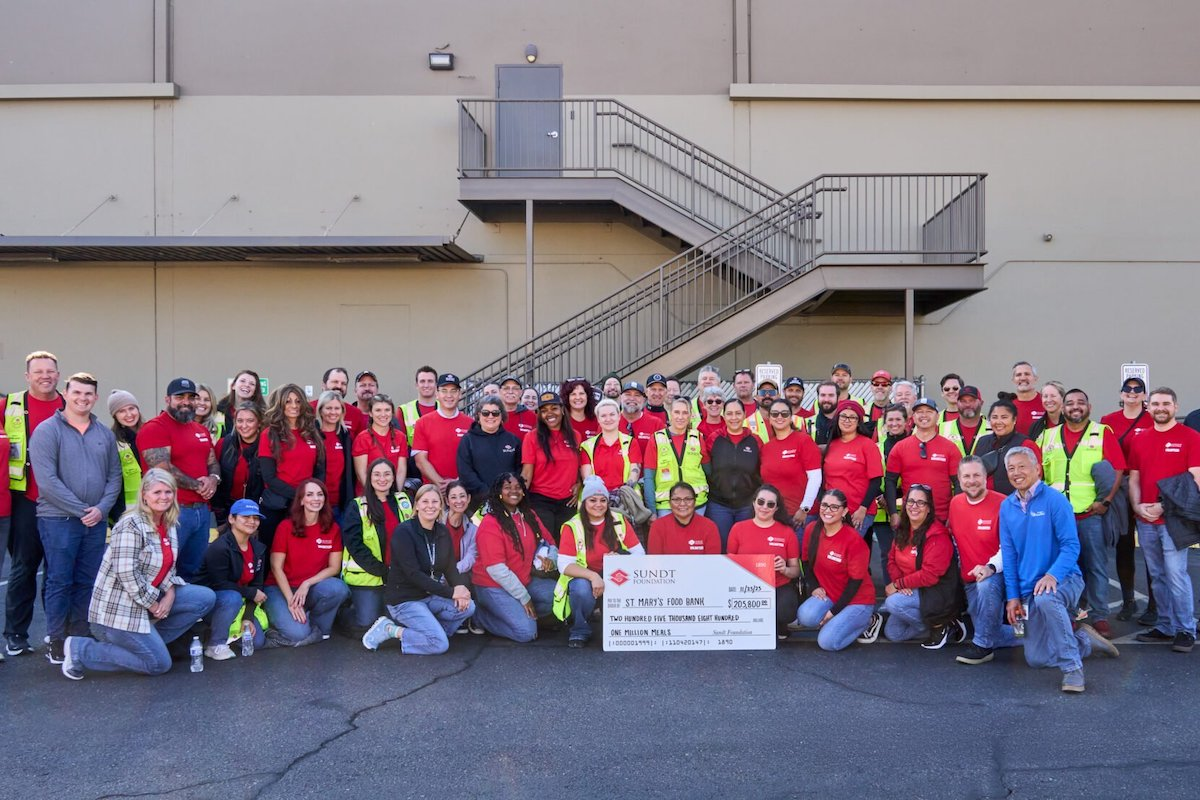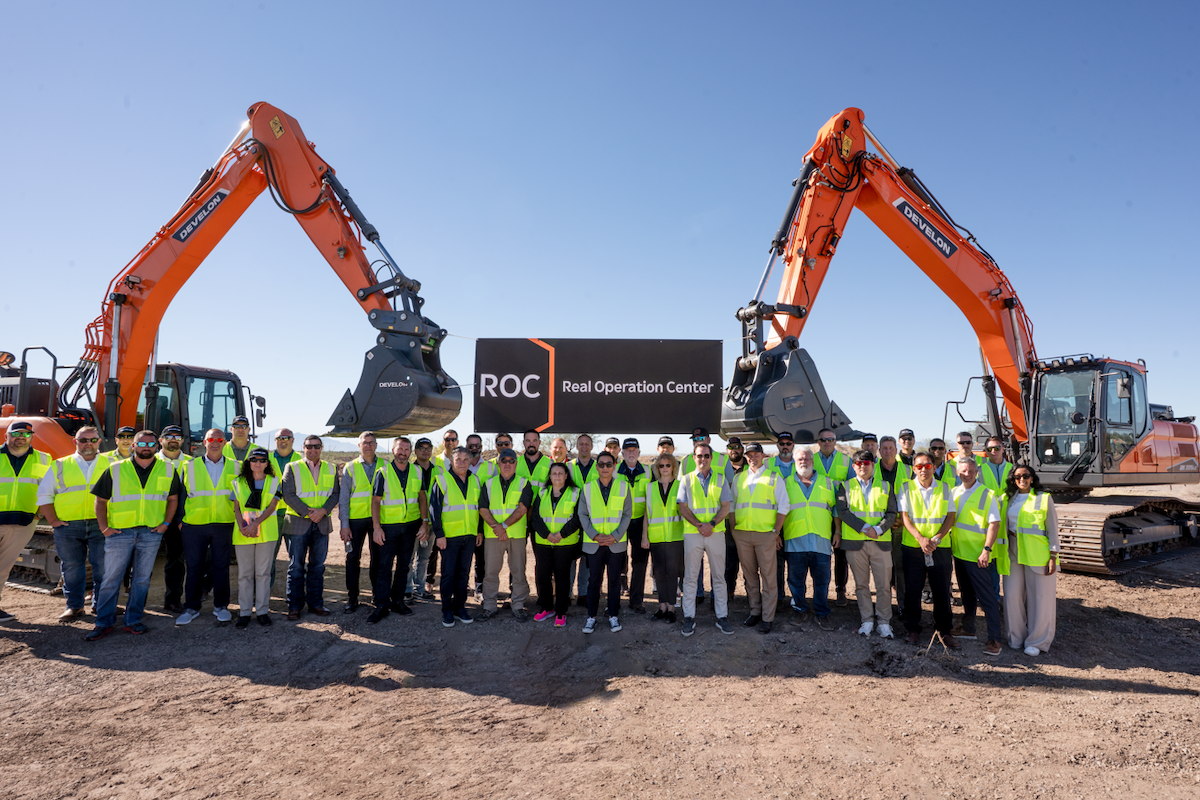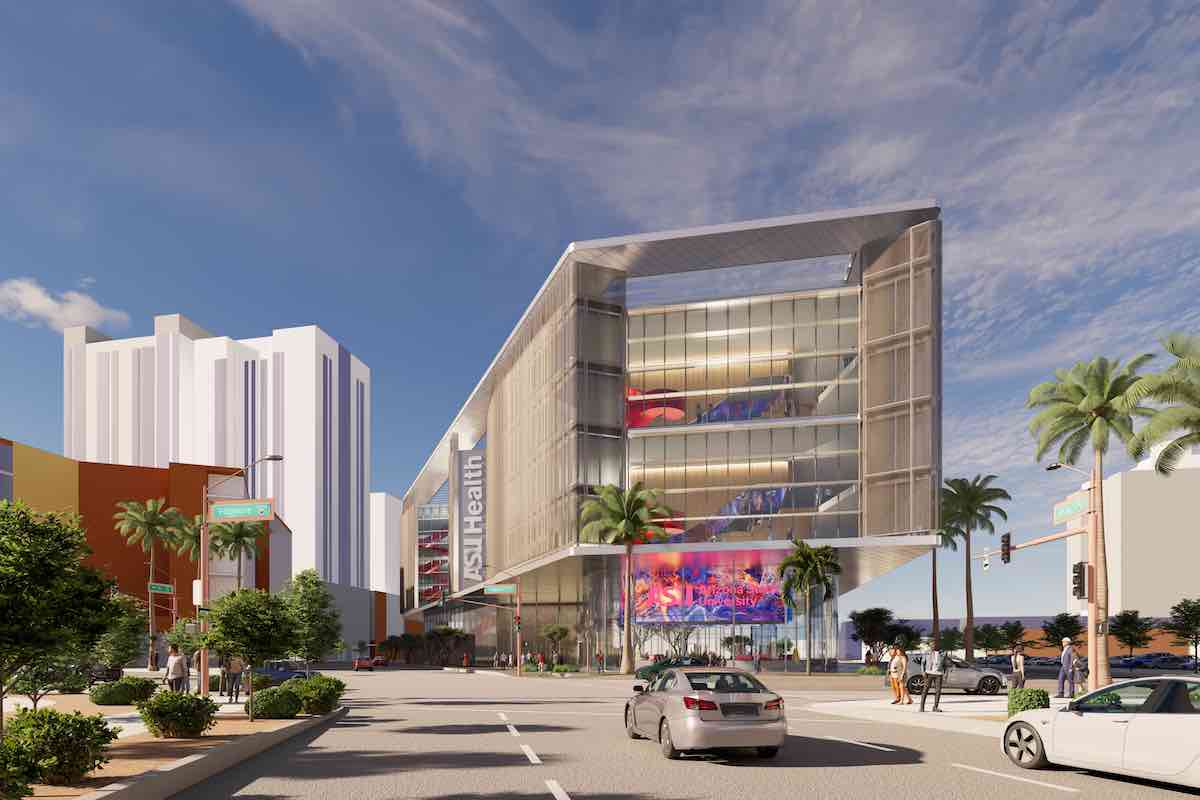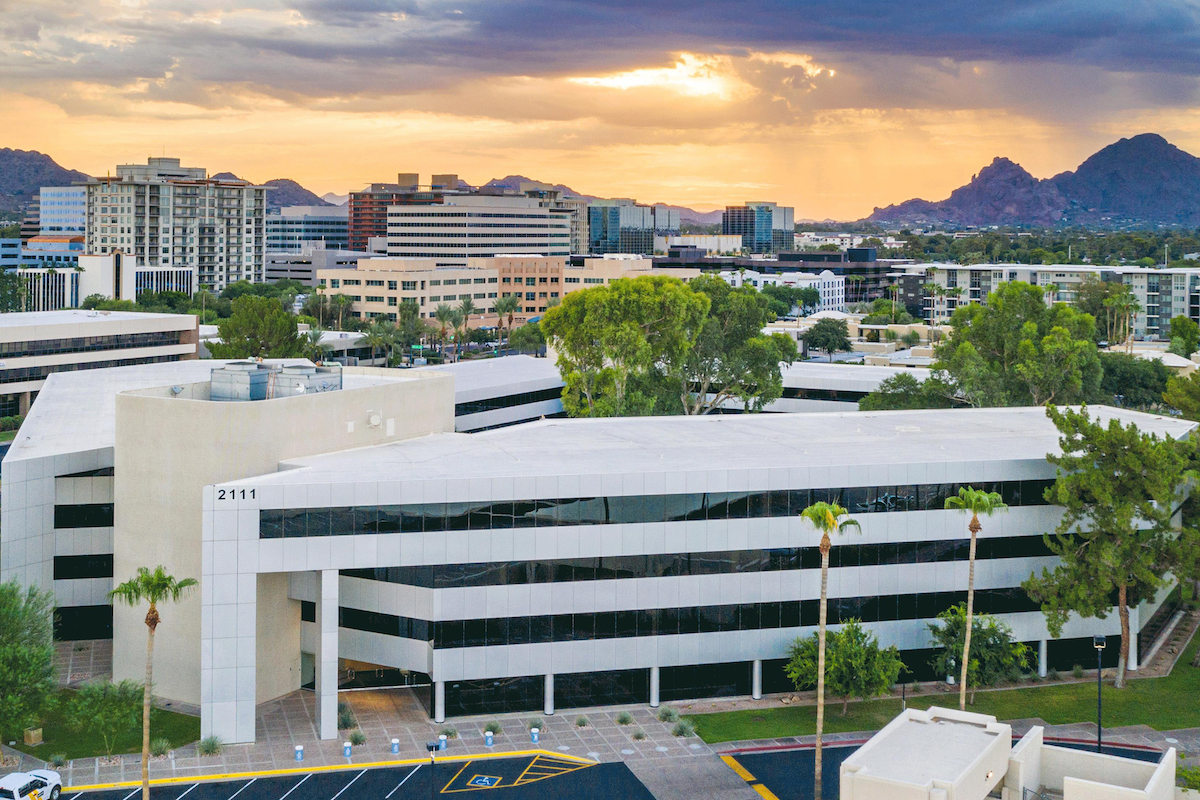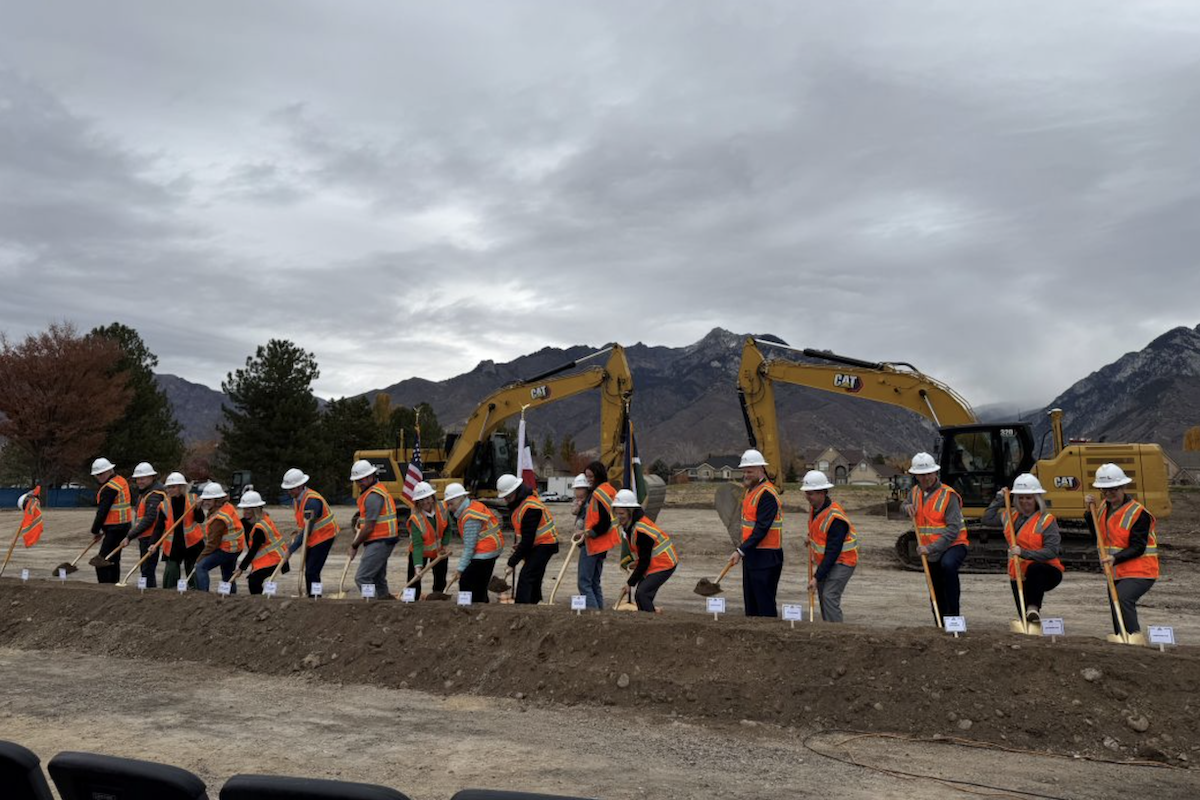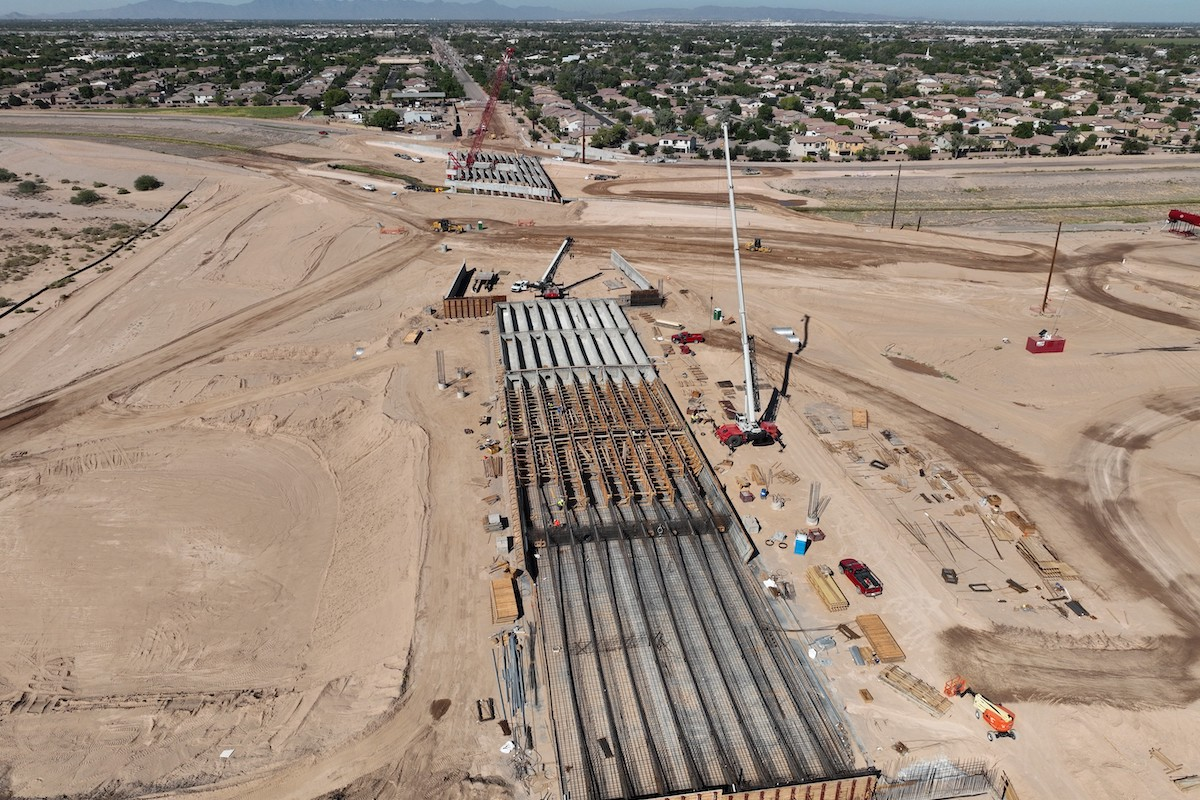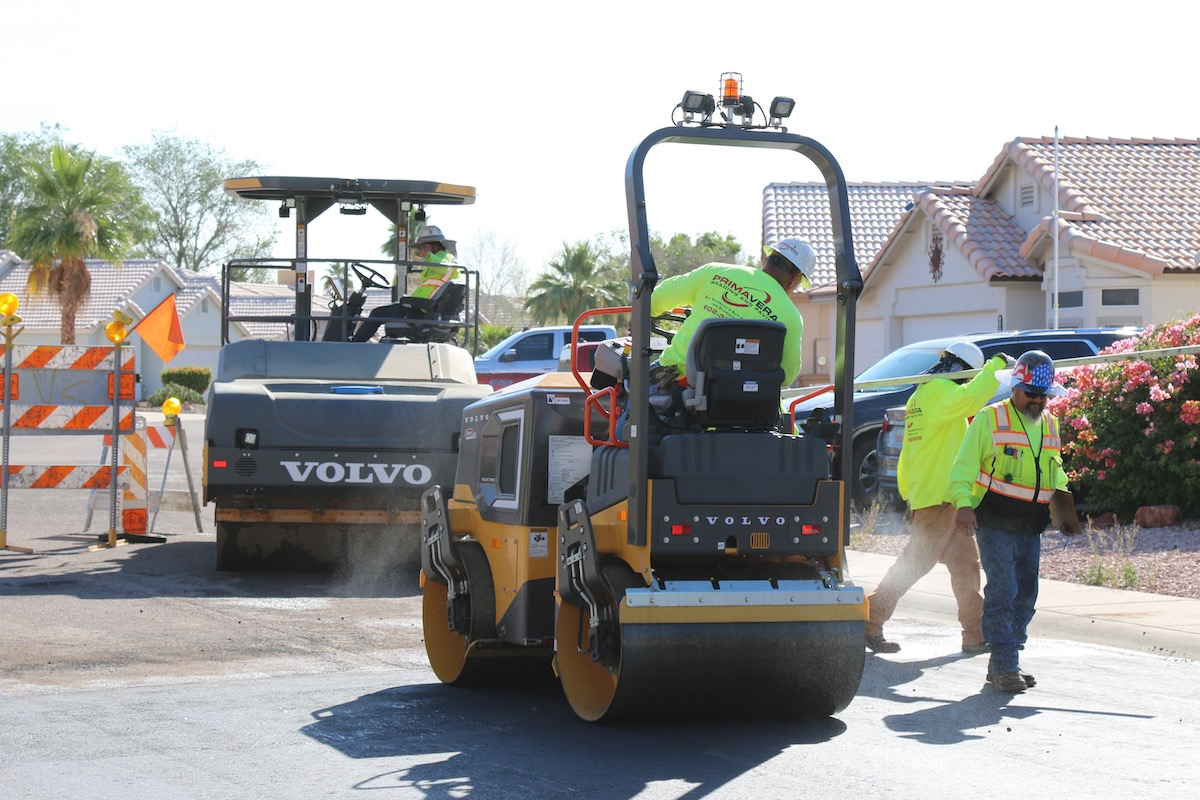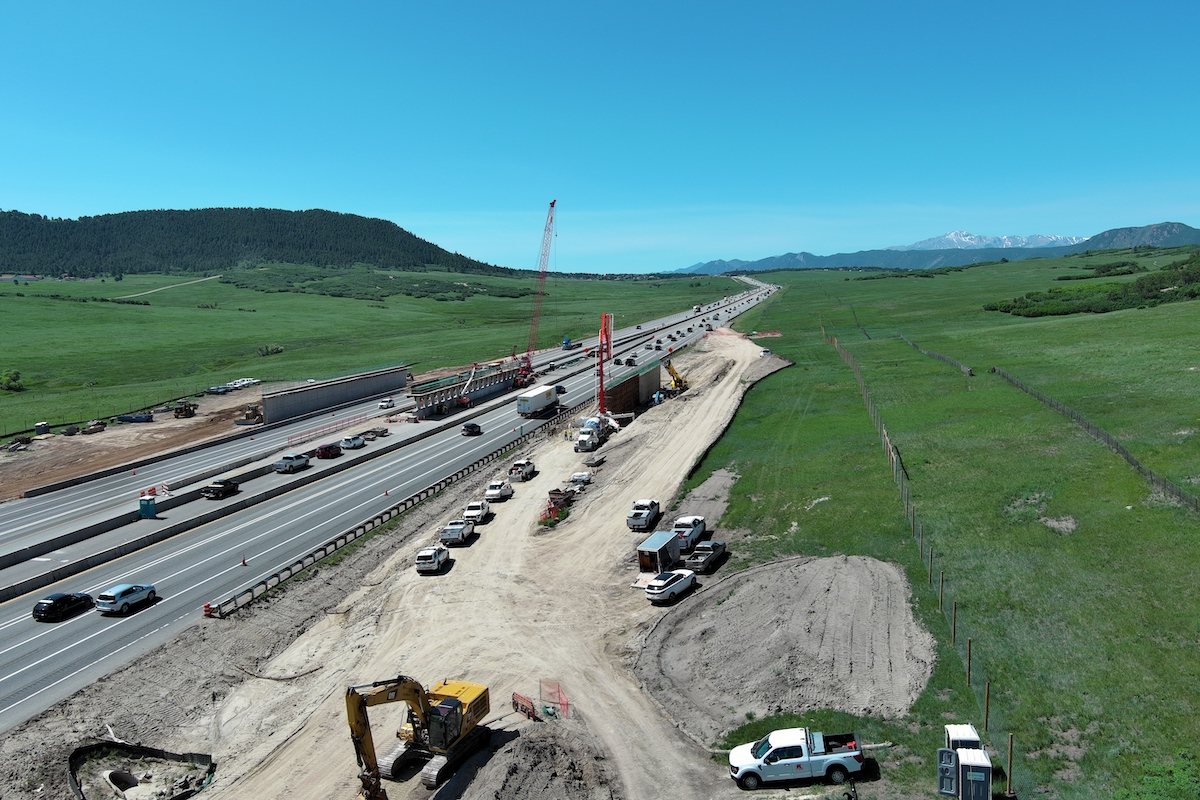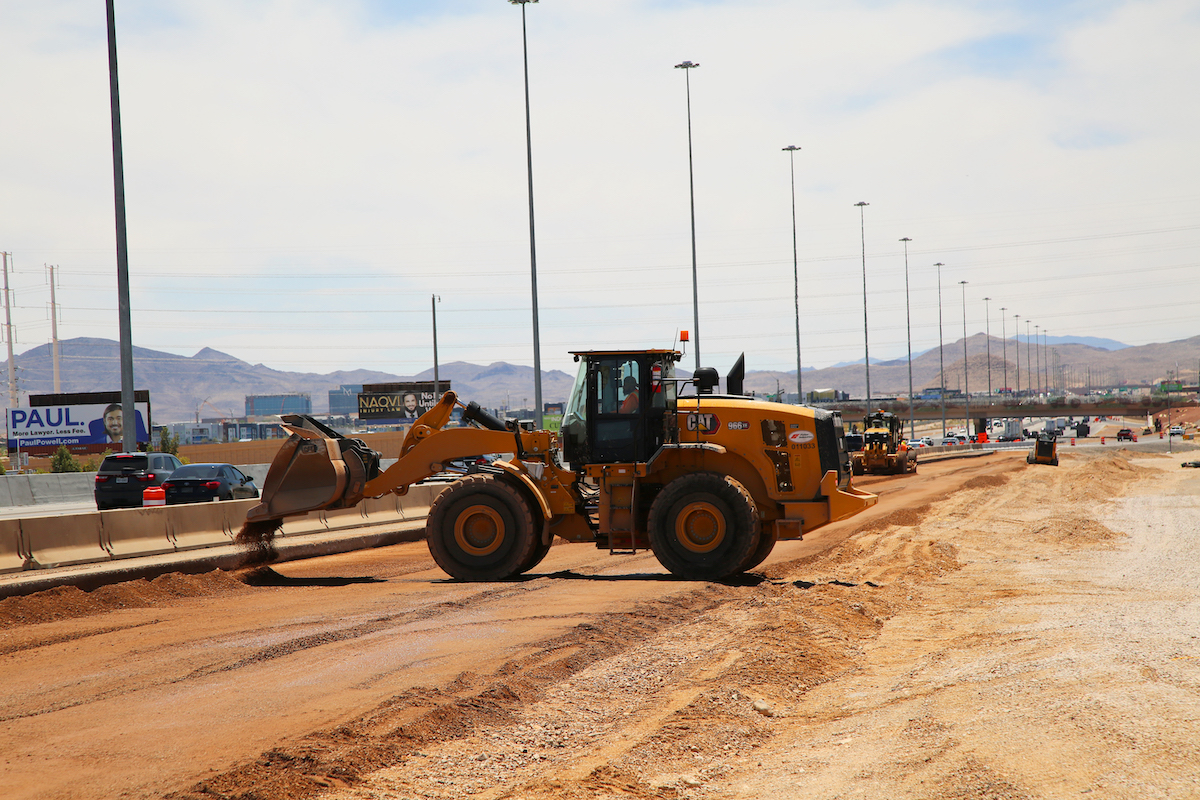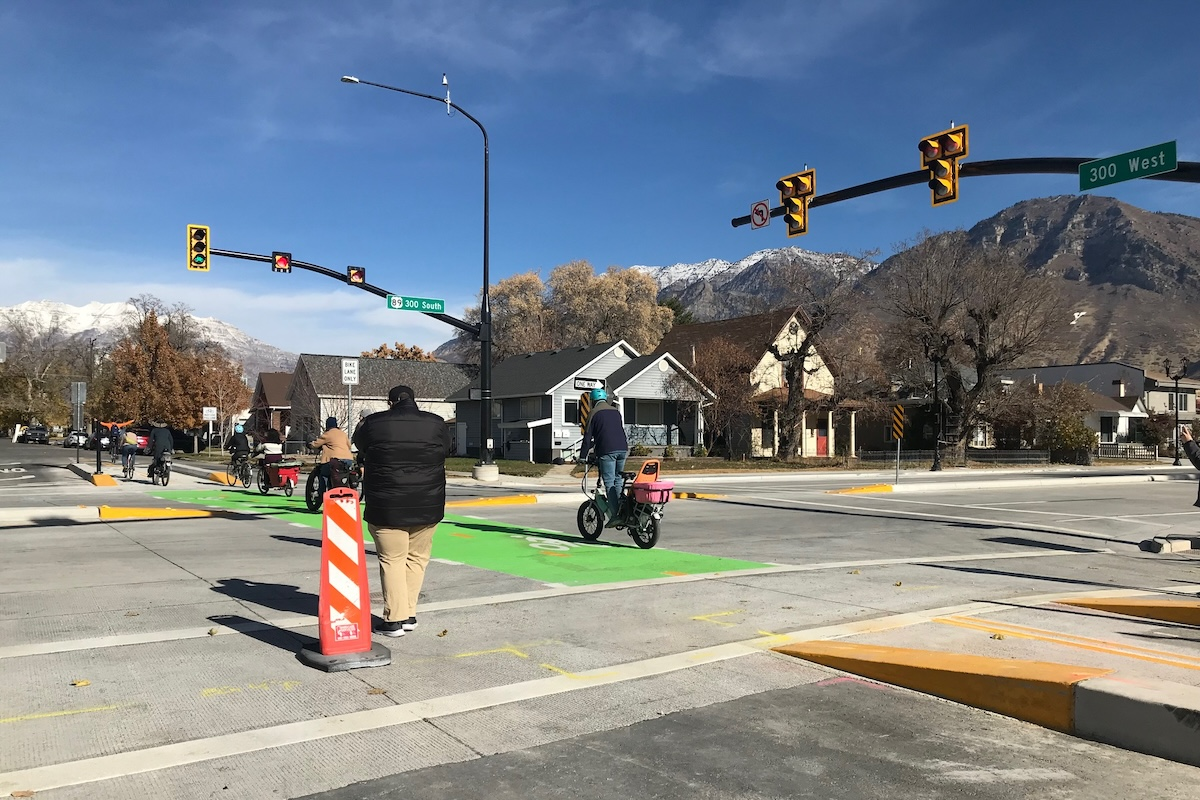The first funding allocation was $25 million, but more funding is yet to come and all of it will be used to support local officials who have worthy projects to launch.
Four nonprofit organizations were selected to serve as regional facilitators and each was designated a Capacity Builder with a mandate to provide assistance, support, and funding facilitation to selected projects.
During this first year, the four Capacity Builders will leverage their resources to deliver various types of projects by assisting with virtually every aspect of a project’s life cycle, including grant/financial management, pre-development assistance, community engagement efforts, planning, and project delivery.
The broad focus of the program is to ensure that much-needed projects in areas of scarce resources are competitive enough to get funded. The Capacity Builders are responsible for making that happen. Each of the four Capacity Builder organizations will oversee certain types of projects that fall into one of three types of infrastructure categories.

| Your local Bobcat dealer |
|---|
| Ditch Witch West |
| Faris Machinery |
| Ditch Witch West |
| Faris Machinery |
The project categories for assistance through the Capacity Builders organizations are designated as the following:
- Networked Communities
- Main Streets
- Complete Neighborhoods
Projects in these categories include components such as enhanced mobility, improved access to transportation options, reduced pollution, safety, and expanded affordable housing.
The Capacity Builders will deliver assistance and resources to 64 local communities across 42 states and six Tribal nations this year. Many of the regions where the projects are located have been overlooked in the past and have received no federal funding. Numerous others simply lacked the resources to apply for funding.
The Capacity Builder organizations overseeing projects that fall into the Networked Communities category will work with 15 local communities to deliver transportation systems that are efficient and sustainable. Examples of these types of projects follow, and there is ample time for private sector firms interested in the upcoming contracting opportunities to get involved.
One of the communities identified for Networked Communities support is the city of Detroit, Michigan, and the project to be launched will address negative health and safety concerns stemming from frequent truck traffic. Assistance will include working with city leaders to secure funding, ensuring that community input is embedded into project plans, and guidance related to the design so that it aligns with the right funding priorities. The $300 million Interstate 375 project will redesign and rebuild outdated interchanges, rehabilitate deteriorated bridges, and ultimately mitigate truck traffic by delivering improved mobility and connectivity for all area users. The project timeline anticipates that construction will begin in 2025.
The state of Michigan has two Networked Communities projects that will receive assistance. A project in Detroit is one that focuses on freight route improvement. Another $500 million waterfront project that has qualified to receive assistance and support is located in the community of Chester. This project is also scheduled for construction to begin in 2025.
The Capacity Builder organization selected to assist projects that fall into the Main Streets program will work with 20 local communities on major transportation projects that will spur redevelopment of surrounding commercial districts. The Capacity Builder will distribute funding across the 20 communities so that local officials can select partners to assist with technical assistance. The contractors selected will help ensure that all project delivery processes comply with federal oversight so that funding can be obtained.
A project in York, Alabama, will get assistance from Capacity Builders. The initiative is to construct a much-needed community center. Support will include technical assistance and guidance for the project, which is located in an area that has experienced dramatic disinvestment for decades. The project’s objective is to deliver a safe, healthy, and walkable community with a multiplex community center. Officials expect to release a concept design for the facility by the end of this year, and construction is scheduled for 2025. A budget is still being finalized.
The Capacity Builder organization working with Complete Neighborhoods will help 15 local entities plan, envision, and implement multimodal transportation projects. These projects will each serve the goal of building safe multimodal transportation systems for interconnected communities.
A $25 million initiative in the city of Cleveland will receive support for a project that will overhaul the city’s broader transportation network. Specifically, the project will construct a two-way bicycle track and other multimodal transportation features to enhance equity and connectivity for nearby underserved communities. The project’s construction stage may be delayed until 2026.
Another project in Cleveland that has qualified for assistance is an initiative to deliver multimodal improvements, including new sidewalks, ADA-compliant curb ramps, roadway drainage, and traffic control improvements. A consultant is currently working on the project’s design phase and construction.
Other Complete Neighborhoods assistance will go to transit-oriented developments. The Capacity Builder organization will provide 14 different communities with access to analytics tools, planning strategies, and pro forma financial modeling software, as well as region-specific technical assistance. The resources will accelerate planning and delivery of transit-oriented developments with the goal of expanding long-term equitable development capacity from the ground up.
A partnership between the city of San Antonio and Bexar County has qualified for support and funding for an advanced rapid transit project. Assistance will include resources to coordinate and expedite delivery of a 7.3-mile bus rapid transit line — the majority of which will include dedicated transit lanes and support for multimodal operations. This $293 million project, currently undergoing environmental review, will require transit signal prioritization and procurement of 13 electric low/no emission buses with level boarding.
Additional projects are being prepared for the next cycle of funding, which will begin this summer.




